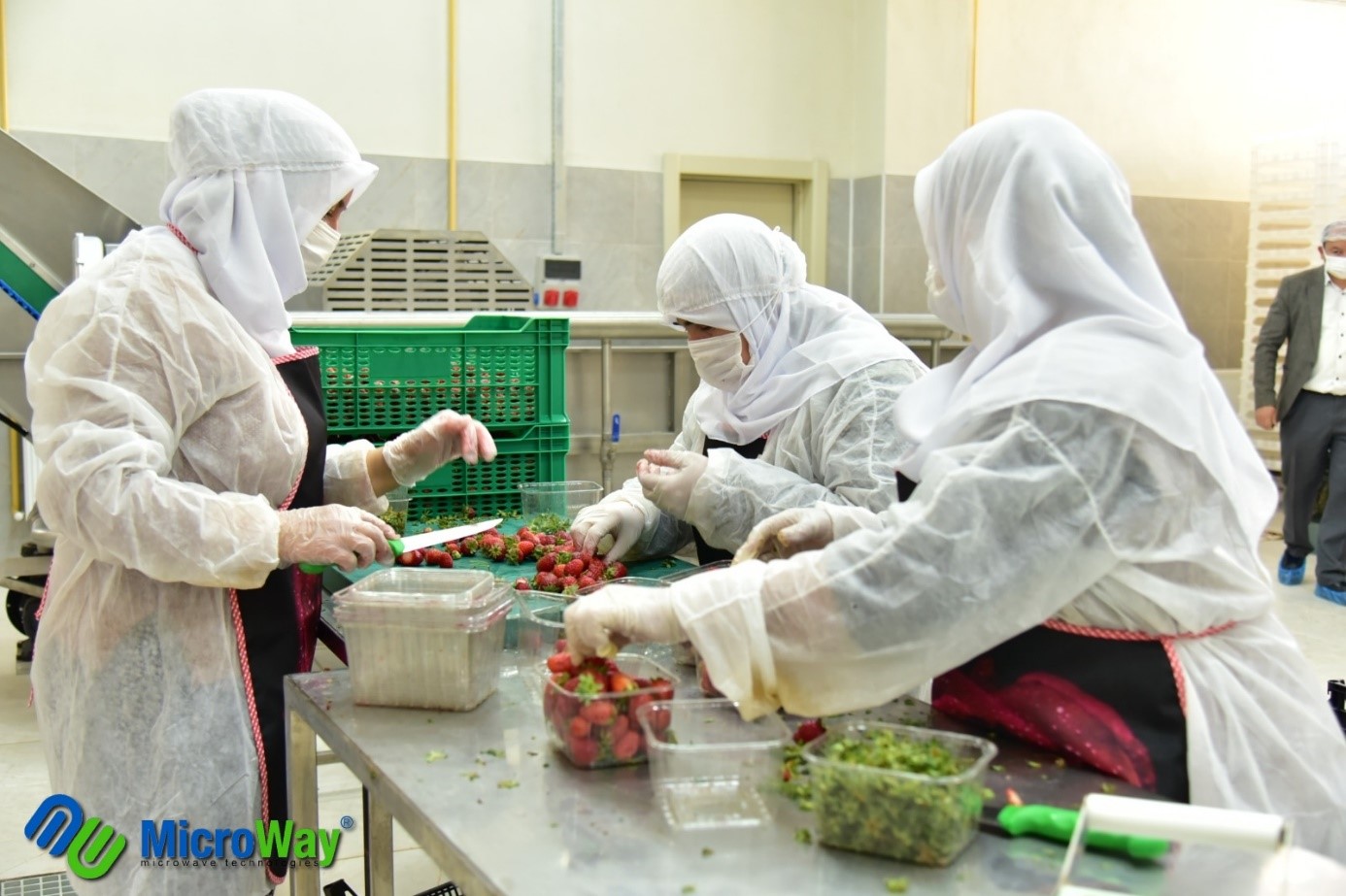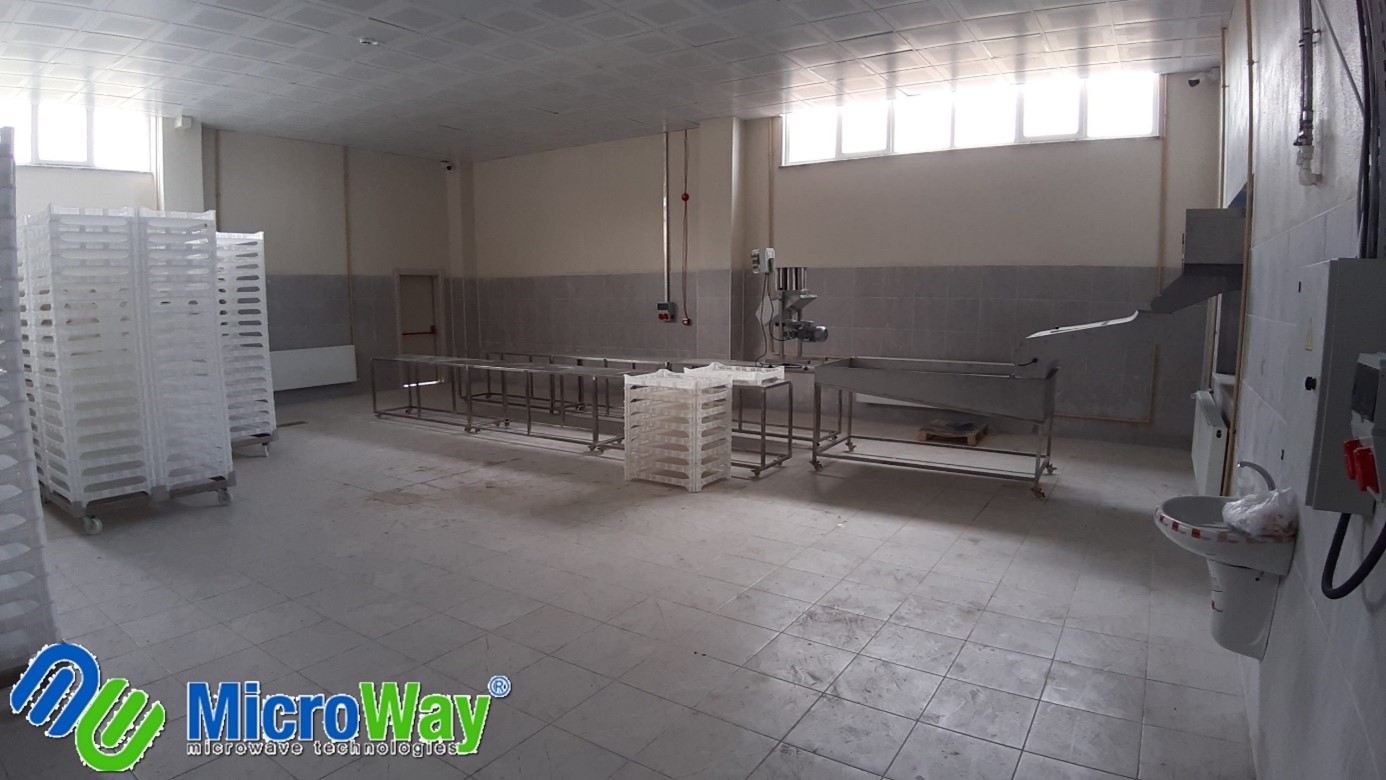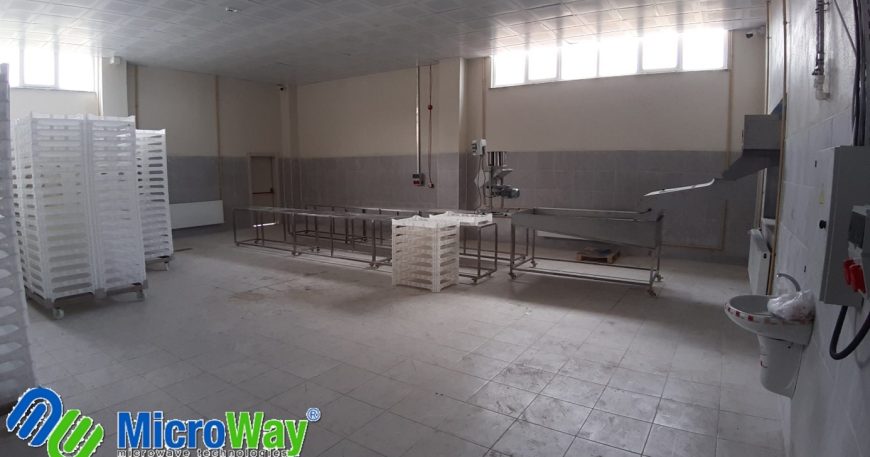Introduction:
In the industrious landscape of Iraq, a wave of efficiency is sweeping through various sectors with the integration of modern workbenchhes. This article explores the applications, benefits, and evolving role of these specialized workspaces in enhancing productivity and craftsmanship across different industries in Iraq.
Industrial Dynamics in Iraq:
Iraq’s diverse industrial sectors, ranging from carpentry to manufacturing, are experiencing a renaissance with the adoption of advanced workbenches. These workspaces are tailored to meet the specific needs of Iraqi craftsmen and workers, providing a foundation for streamlined and efficient work processes.

Understanding Workbenches:
Workbenchhes are dedicated surfaces equipped with various tools and features designed to facilitate specific tasks. In Iraq, where craftsmanship is deeply rooted in tradition, modern workbenches offer a bridge between traditional techniques and contemporary efficiency, ensuring a seamless workflow.
Applications in Iraqi Industries:
- Carpentry and Woodworking: Workbenches in Iraq’s carpentry workshops provide craftsmen with organized and ergonomic spaces to create intricate woodwork, promoting precision and efficiency.
- Manufacturing: In manufacturing settings, specialized workbenches support assembly processes, providing workers with designated spaces for assembling components and products.
- Craftsmanship and Artistry: Artisans and craftsmen in Iraq utilize workbenches to hone their skills, whether in metalwork, pottery, or other traditional crafts, enhancing the quality of their creations.
Crafting Efficiency:
One of the primary advantages of modern workbenches is their contribution to crafting efficiency. These workspaces are designed to optimize organization, tool accessibility, and task execution, ultimately enhancing the overall efficiency of craftsmen and workers.
Adaptability to Iraqi Craftsmanship:
The adaptability of workbenches to various traditional craftsmanship practices in Iraq is crucial. Whether in the bustling markets of Baghdad or the quieter workshops in smaller towns, these workspaces cater to the diverse needs of Iraqi artisans.
Technological Integration:
Modern workbenches often integrate advanced features such as adjustable heights, built-in power outlets, and storage solutions. This technological integration aligns with Iraq’s commitment to blending tradition with innovation in its industrial practices.
Challenges and Progress:
While the adoption of modern workbenches brings numerous benefits, challenges may include the initial investment costs and the need for training. However, as Iraqi craftsmen recognize the long-term advantages, the integration of these workspaces is on the rise.

Future Prospects:
As Iraq continues to invest in advancing its industrial practices, the future of workbenches in the country looks promising. Continued research, development, and collaboration with international partners contribute to the ongoing evolution of efficient workspaces in Iraqi industries.


